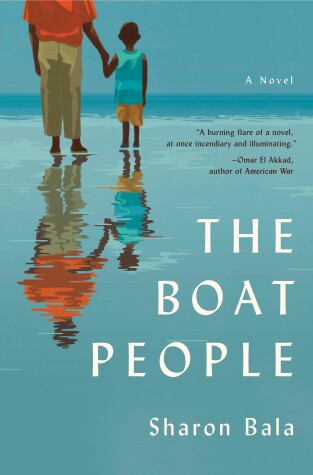
dpfaef
Written on Mar 1, 2018
Before Sri Lanka gained independence, the British brought in millions of Tamil to work their vast cash crop plantations of coffee, and later of rubber and tea. Colonial officials brought in approximately a million Tamil speakers from India to work as plantation labor. The Sinhalese majority, resented the Tamil as the British treated them better.
Once Ceylon, as Sri Lanka was known, upon gaining independence in 1948, with the Sinhalese who were in the majority began passing laws that prohibited the freedoms the of Indian Tamils brought to the island by the British. After decades of ethnic tension, civil war broke out in August 1983, the Tamil insurgents and Sinhalese majority engaged in a bloody battle. Both the Tamil and Sinhalese were involved in committing hideous atrocities leading to some 100,000 deaths.
Canadians of Japanese descent, after the attack on Pearl Harbor in 1941 through 1949, were interned in camps across Canada. The Canadian government shut down all Japanese-language newspapers, took possession of businesses and personal property. To fund these internment, property belonging to Japanese Canadians was sold, including fishing boats, motor vehicles, houses, and personal belongings.
Sharon Bala’s uses these two occurrences as the basis of her debut novel The Boat People. This book touched me as it addressed the issue of who is the terrorist and who isn't? How can we judge others when at times our actions have not always been pure of heart? How do politics and prejudice affect our lives?This review was originally posted on The Pfaeffle Journal
